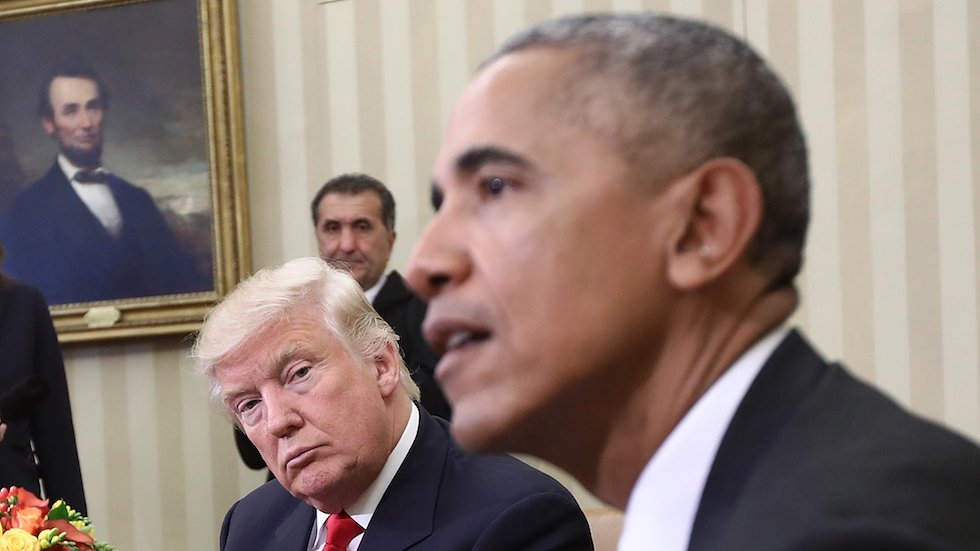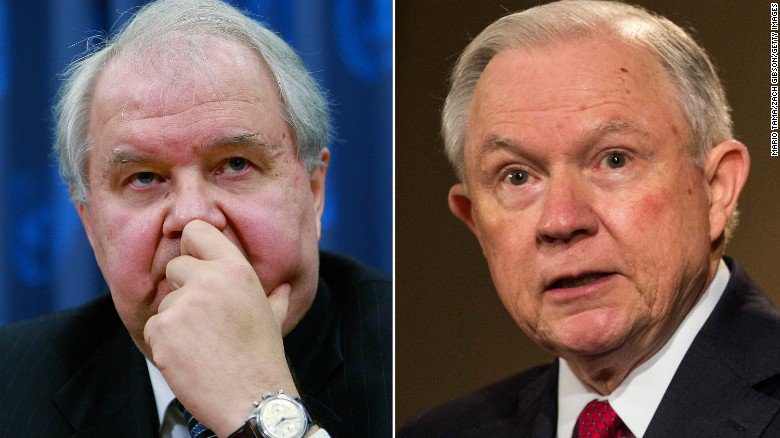As usual, I'm answering the question's I've gotten.
This question isn't really on point., but I'm answering it because the answer is related to my answer about bundling.
Why do they do this? Price discrimination.
Meanwhile, the marginal cost of putting a butt in that seat is a tiny bit of fuel, a cocktail napkin, and a half-can of soda.
Answer: Good for you! You're not the average customer! The average American watches a huge amount of television.
And Netflix is still (IMHO) a great deal at $14 a month. But if you subscribe to 5 services, each of them raising their price a few $$$ is a big hike in your monthly bill.
But a lot of people seem to think unbundling will let them buy $20 gold pieces @ 25¢ apiece. It won't.





